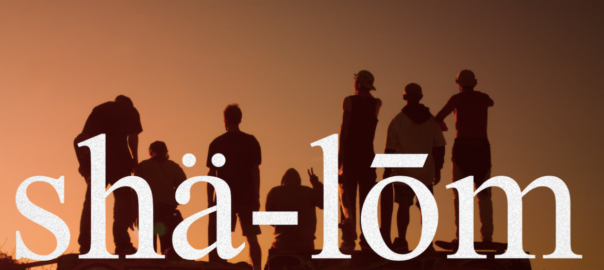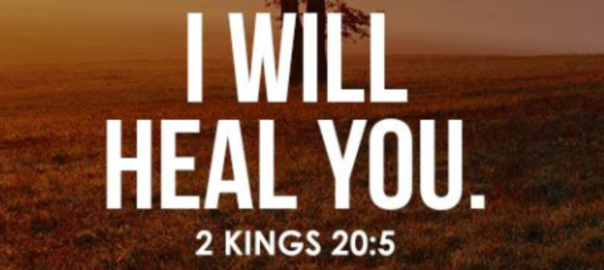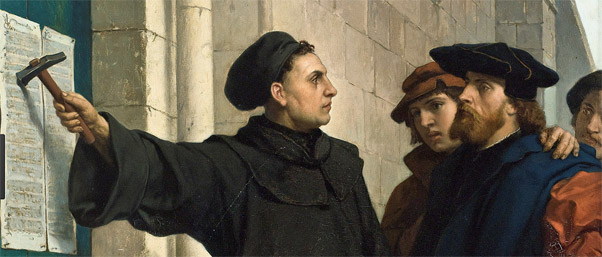Easter is the most important day in the Christian calendar. The Resurrection of Jesus of Nazareth and the subsequent missionary efforts of his followers continue to impact the world. A small band of Jewish believers becomes a global, multicultural faith touching billions. Frightened disciples become fearless martyrs and proclaim forgiveness, reconciliation and hope. The agony of Good Friday is now seen as atonement for sin. The despair of death has been overcome by a preview of the future as believers see in the Risen Lord their eternal destiny.
Christianity is more than a personal faith or religious tradition. The Judeo-Christian worldview reflected in the Bible is the foundation for liberty, prosperity and stability. Even people of other faiths or no faith at all are the beneficiaries of the values and vision inspired by the call of Abraham, the legislation of Moses, the leadership of David, the courage of the prophets, the example of Jesus and the insights of the Apostles.
It is vital to assert that people of all worldviews bring much good to the world. Christianity does not have an exclusive claim on universal values such as love, compassion and justice. In fact, a biblical understanding of humankind affirms that all women and men are made in God’s image. Though we are effaced by sin, God’s image is not erased. In the providence of the Almighty, every person can bring good to the world.
The Judeo-Christian ethos has, however, led the planet in fostering particular values that all thoughtful people embrace. Here are just a few of the ideals that are part of the heart of our civilization:
* The dignity of all people, regardless of gender, race or status. This was new in an Empire that devalued the lowly and practiced infanticide.
* Compassion for the broken, poor and vulnerable. Medical care, hospitality, food for the hungry and advocacy for daily bread are the legacies of belief in a loving Creator and Redeemer.
* Free markets, natural prices, private property, community welfare and the entrepreneurial spirit are the overflow of biblical principles.
* Universal human rights rooted in the dignity of all people, the rule of law and transcendent moral principles.
Many more ideals can be enumerated. Consider the social progress of the last millennium, including emancipation movements, suffrage campaigns and private and public welfare provisions. Prison reforms, fair labor laws and equal opportunity under the law are consequences of reverence for God and respect for all people. Leaders across cultures and epochs share the convictions that produced the courage to change the world, from William Wilberforce to Martin Luther King, from St. Francis to Mother Teresa.
Art and music that refresh our lives flow from faith. Bach’s majestic orchestrations and Marc Chagall’s unparalleled images inspire creativity and nobility. Mozart’s masses and the literary genius of C.S. Lewis refract Divine luminosity. Makato Fujimura’s illuminated Gospels and inspired paintings grace 21st century venues around the world. The heartfelt and insightful lyrics of singer Sara Groves inspire millions to believe and continue their journey toward love and truth.
Easter is the day of hope. The days after Easter continue to make our lives rich with meaning. It is interesting that agnostics and atheists thrive in lands deeply affected by biblical values. Liberty of conscience, our most precious natural right, is the direct consequence of Judeo-Christian precepts that call for voluntary belief and mutual love and respect. We have a noble history and great hope if we will renew our fidelity to enduring ideals.



